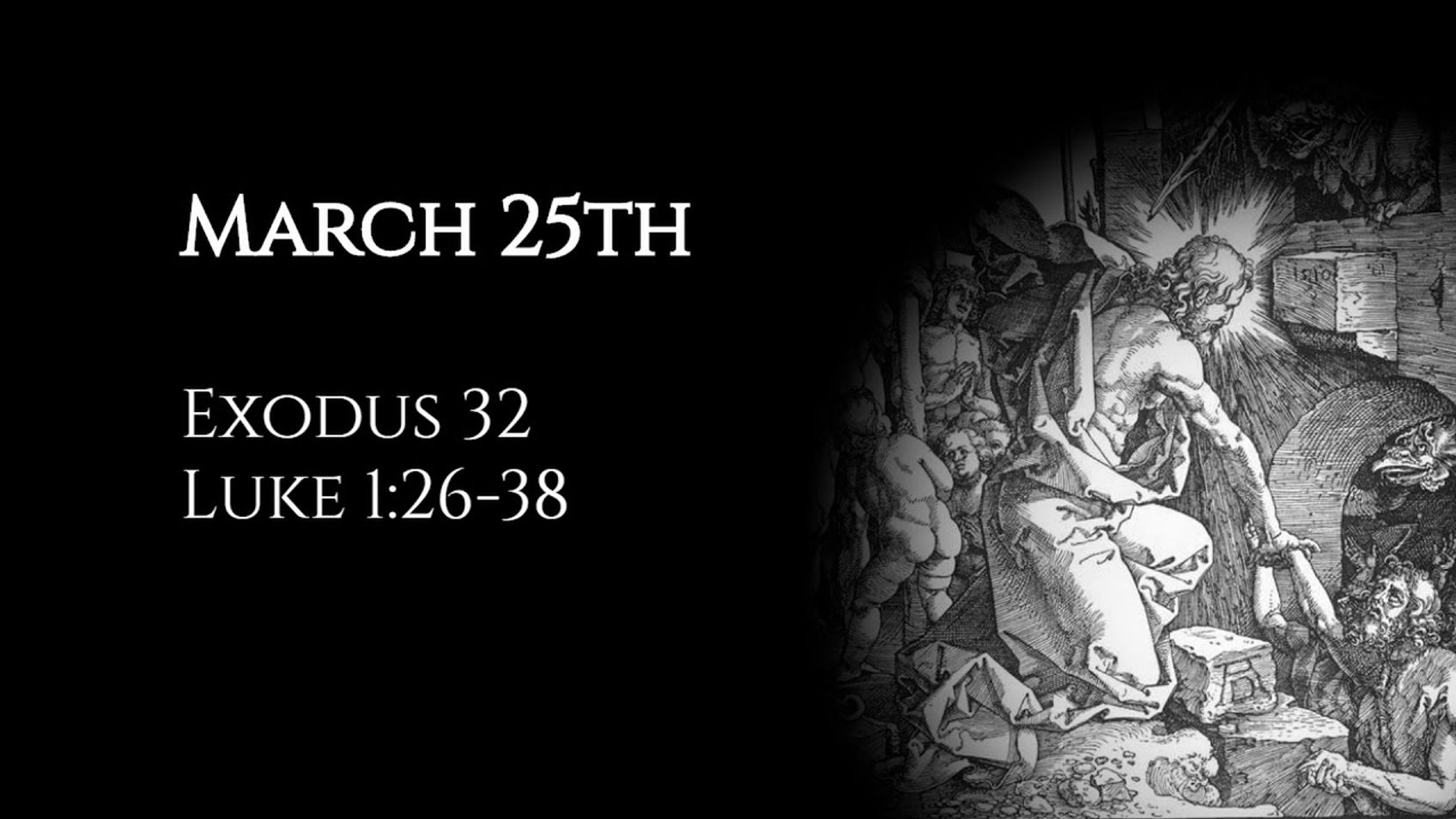March 25th: Exodus 32 & Luke 1:26-38

The Golden Calf. The Annunciation.
Some passages referenced:
Exodus 4:16, 7:1 (Moses as God to Aaron and to Pharaoh); Exodus 16:2-12 (Complaining to Moses; God acting to show he is their God); Exodus 20:18-21 (Moses as intermediary); Numbers 16:3, 20:2 (people gathered together in rebellion); Exodus 20:22-26 (command against gods of gold); Genesis 6:5-7, 11-13 (corruption of the earth and God’s desire to destroy it in the days of Noah); Genesis 34:25-29 (Levi’s vengeance).
Daniel 8:16, 9:21 (the Angel Gabriel); Judges 5:24 (the description of Jael); 1 Samuel 2:1-10 (Hannah’s prayer); Exodus 40:34-38 (cloud covering the tent of meeting).
Reflections upon the readings from the ACNA Book of Common Prayer (http://bcp2019.anglicanchurch.net/).
If you have enjoyed my output, please tell your friends. If you are interested in supporting my videos and podcasts and my research more generally, please consider supporting my work on Patreon (https://www.patreon.com/zugzwanged), using my PayPal account (https://bit.ly/2RLaUcB), or by buying books for my research on Amazon (https://www.amazon.co.uk/hz/wishlist/ls/36WVSWCK4X33O?ref_=wl_share).
The audio of all of my videos is available on my Soundcloud account: https://soundcloud.com/alastairadversaria. You can also listen to the audio of these episodes on iTunes: https://itunes.apple.com/gb/podcast/alastairs-adversaria/id1416351035?mt=2.
More From Alastair Roberts
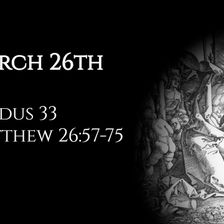
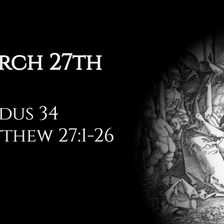
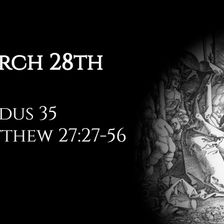
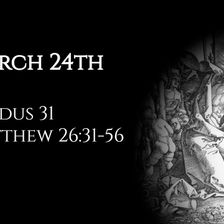
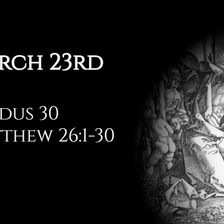
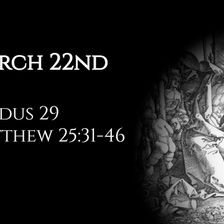
More on OpenTheo















